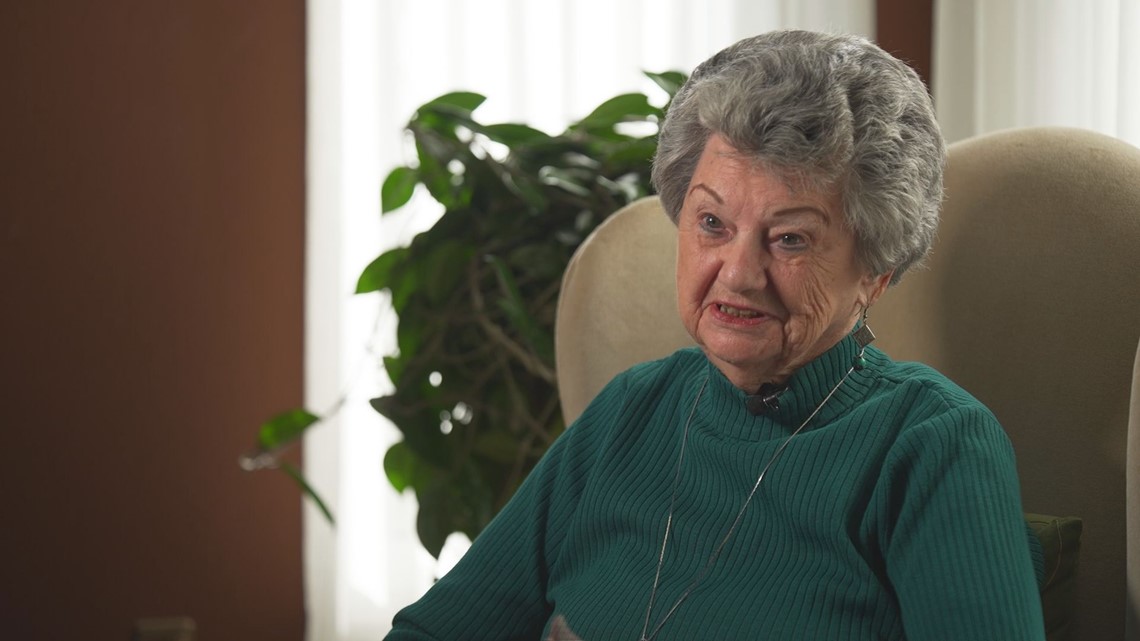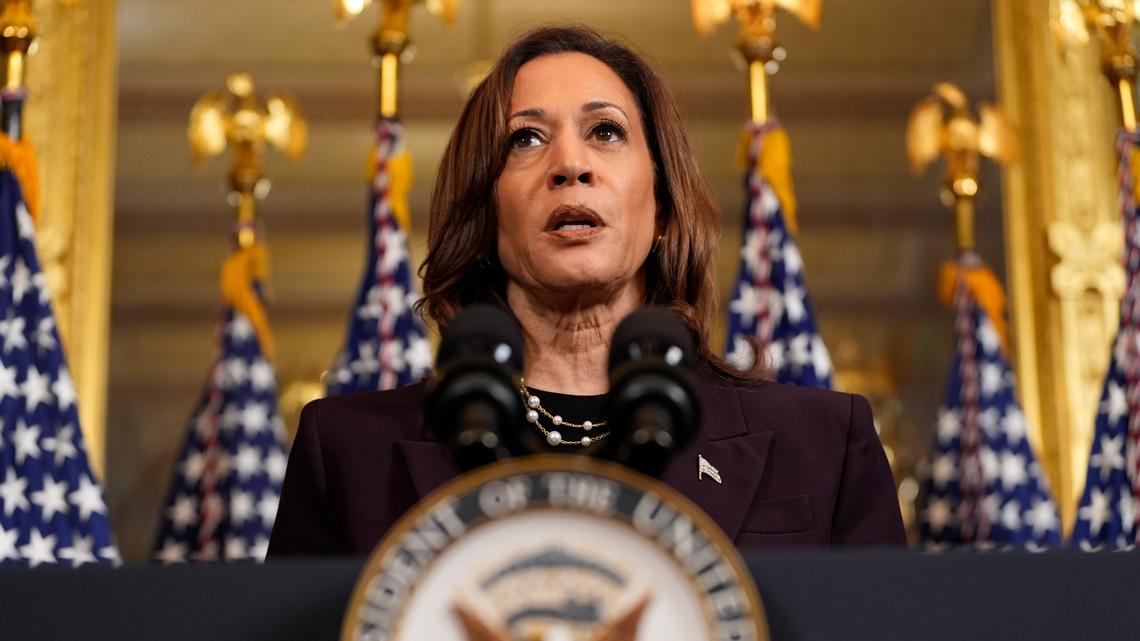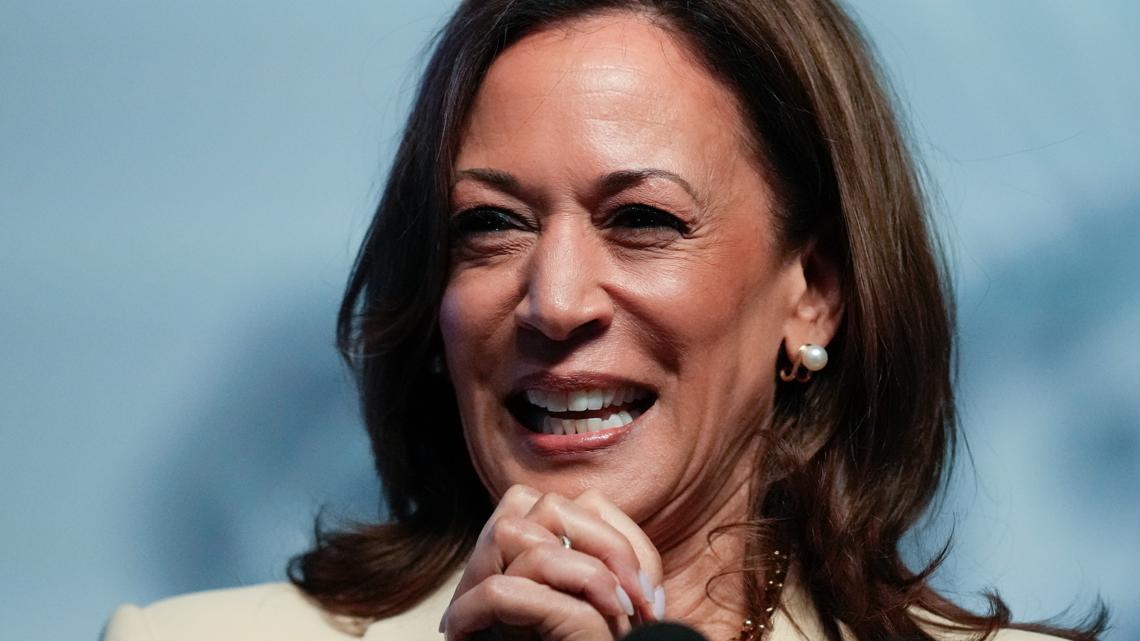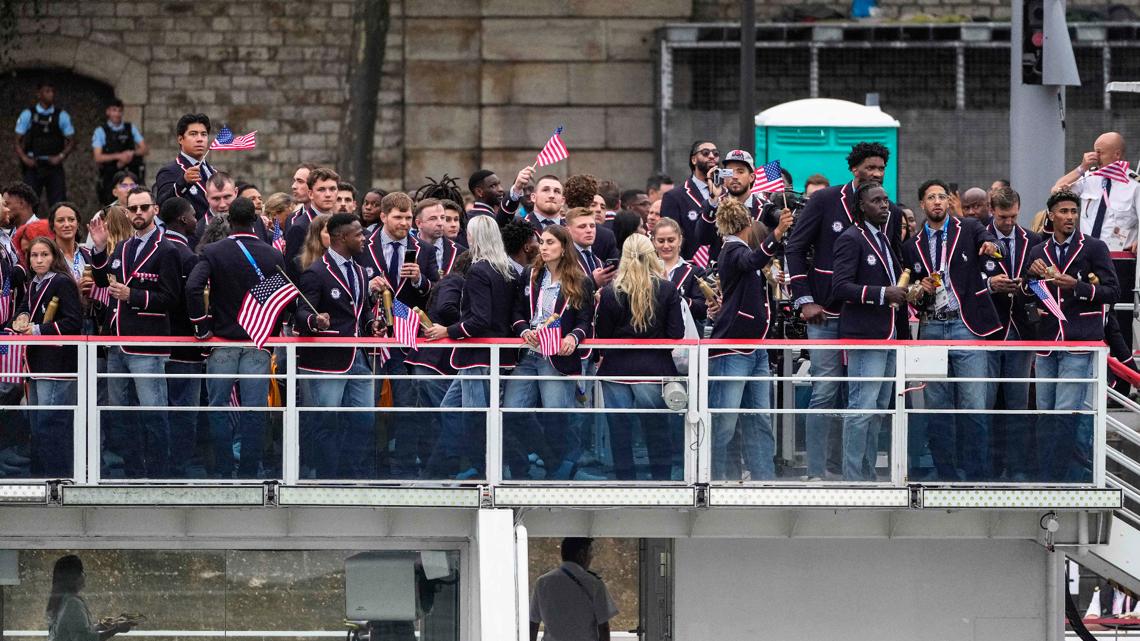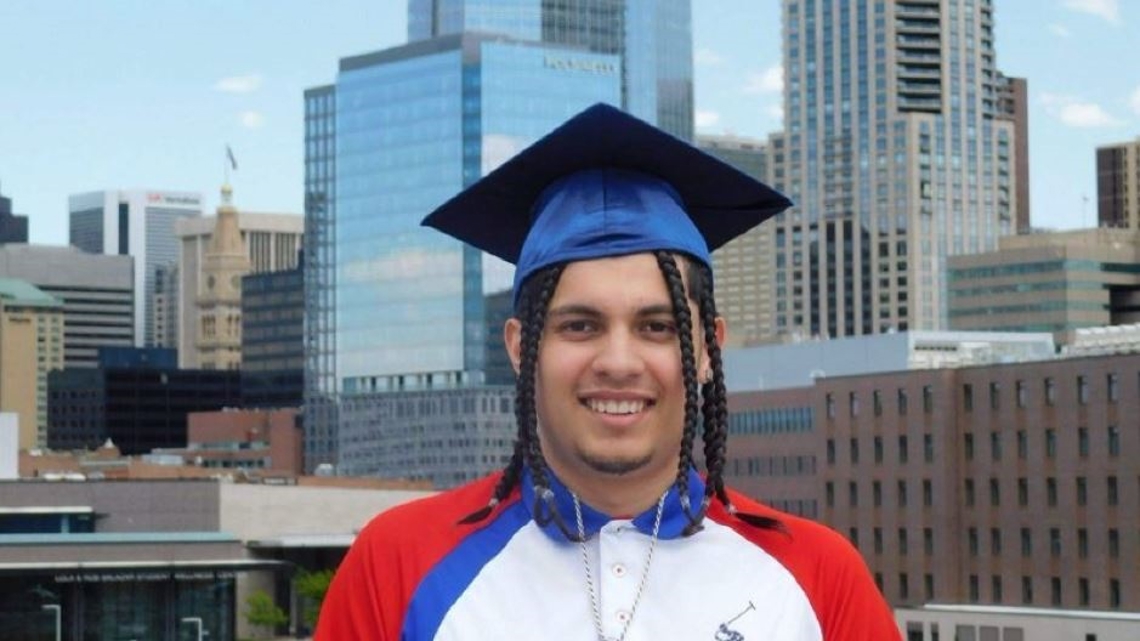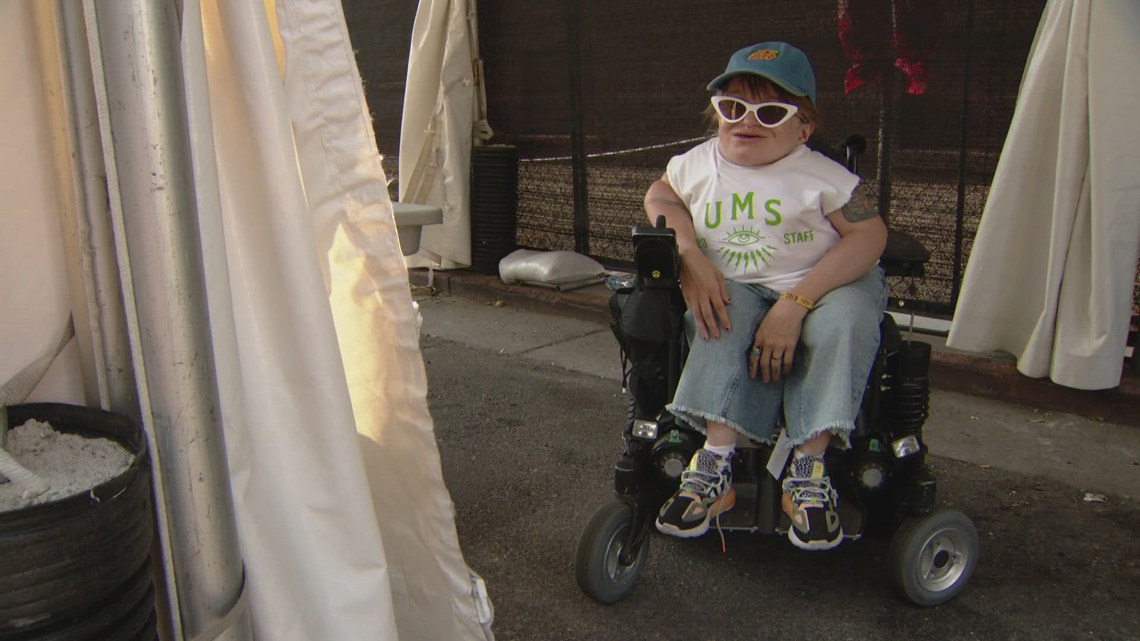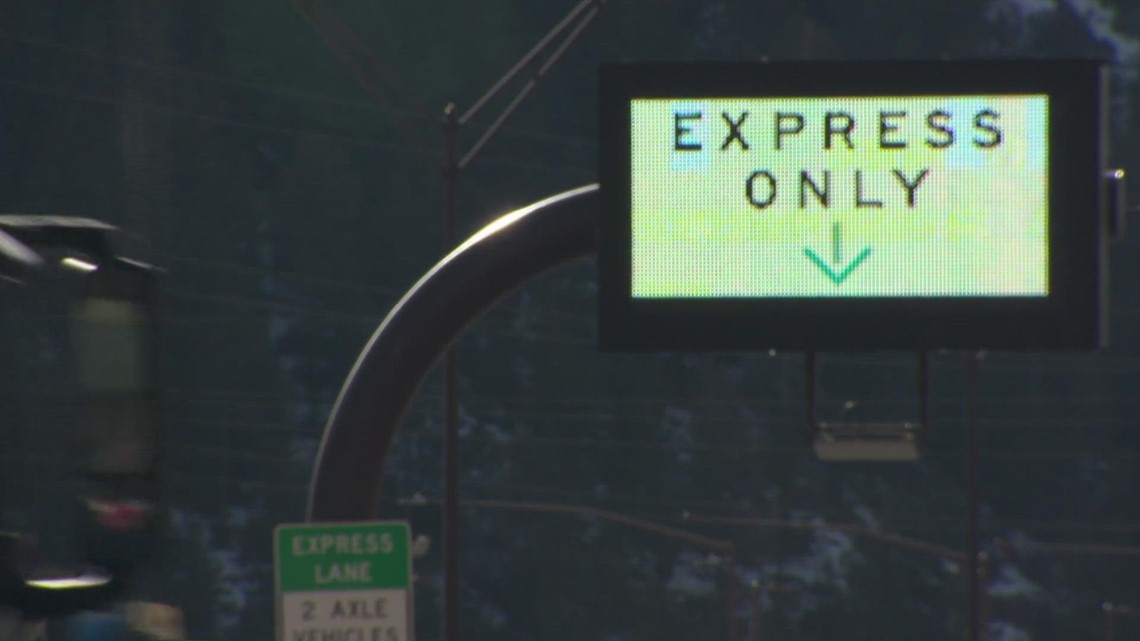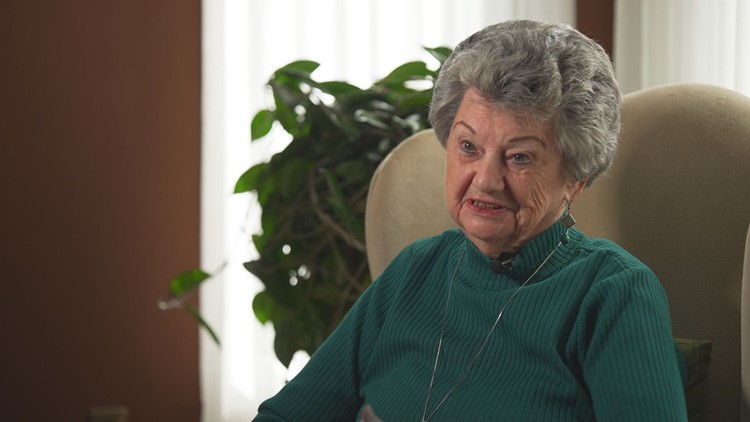
“I’m excited, but at the same time apprehensive and concerned,” Norma Anderson said. “It depends on what day it is.”
WASHINGTON — In the game show “Let’s Make A Deal,” contestants with the oddest items in their pockets or purses are rewarded.
A Q-tip. Mints. In the ’70s and ’80s, maybe a movie stub.
Norma Anderson would have been prepared for one of the most unique requests: a pocket Constitution.
“I carry a little one in my purse,” Anderson said. “In case I want to check something out.”
Anderson, who also has a tableside Constitution, is a Republican and former state lawmaker. She is the lead plaintiff in the case to disqualify former President Donald Trump from the Colorado primary ballot, citing the insurrection clause of the 14th Amendment.
“I’ve always tried to read the Constitution over and over again, myself. You know that,” Anderson said in an interview at her home ahead of the U.S. Supreme Court oral arguments.
The nation’s highest court will take on an issue that has yet to be interpreted: does the 14th Amendment apply to the former president, and can he be disqualified from running for office again as a result?
“When you try to overthrow an election, that’s like living in a foreign country. No thank you,” Anderson said.
Anderson is one of six Colorado voters – four Republicans and two unaffiliated voters – who were recruited to join the effort by the liberal Washington, D.C. group CREW – Citizens for Responsibility and Ethics in Washington – to be named plaintiffs in the court challenge against Trump.
Colorado election law allows for voters to challenge a candidate’s qualifications in court.
The lawsuit was filed Sept. 6. A hearing in Denver District Court took place in late October and early November. Denver District Court Judge Sarah Wallace determined that Trump did engage in an insurrection on Jan. 6, 2021, but she also found that the 14th Amendment did not apply to the president.
Both Anderson’s side and Trump’s side appealed to the Colorado Supreme Court. Anderson’s team wanted the seven Colorado Supreme Court justices – all appointed by Democrats – to overturn the ruling that the 14th Amendment did not apply to the president. Trump’s team wanted the Colorado Supreme Court to overturn the determination that Trump engaged in an insurrection.
The Colorado Supreme Court heard the case on Dec. 6.
In a 4-3 decision on Dec. 19, the majority overturned Wallace’s ruling that the 14th Amendment did not apply to the president, effectively disqualifying Trump from the March 5 Colorado presidential primary ballot.
However, the justices stayed the ruling if it was appealed to the U.S. Supreme Court. That happened when the Colorado Republican Party appealed on Dec. 27. Trump’s team followed with its own appeal. The U.S. Supreme Court announced last month that it would take up the issue on Feb. 8.
“I’m excited, but at the same time apprehensive and concerned,” Anderson said. “It depends on what day it is.”
In Colorado, the case was known as Anderson v. Griswold. The challenge was to prevent Democratic Colorado Secretary of State Jena Griswold from placing Trump’s name on the ballot. At the U.S. Supreme Court, the case is now Trump v. Anderson.
As a conservative herself, Anderson knows that it is not a sure thing for the 6-3 conservative-leaning Supreme Court to automatically be on her side.
“I’ve had more than one Republican disagree with me in a lifetime,” Anderson laughed. “I don’t think they’ve already decided, no. I think they have an open mind because you always hear something you didn’t expect. It’s like when I was in committees. I’d have my mind made up on a bill, and then I’d hear something and think, ‘maybe I’m wrong.’”
The Supreme Court has scheduled 80 minutes’ worth of arguments: 40 minutes for Trump’s lawyers, 30 minutes for Anderson’s side and 10 minutes were granted to the Colorado Secretary of State, who will be represented by a Solicitor General from the Colorado Attorney General’s Office.
Anderson believes she can read people quite well. She is not so certain about the justices.
“What are their expressions on their faces when they ask the question? Can I read them at all?” Anderson said.
The ruling will likely be swift. Colorado’s primary is on March 5, which is also Super Tuesday for several primaries across the country. Trump’s name is printed on the Colorado ballots that will go out to Republican and unaffiliated voters participating in the Republican primary. The Supreme Court will ultimately decide if any votes for Trump will be counted.
“They don’t tell us who to put on our ballots, the federal government. We decide who goes on our ballot. So, if it becomes a state’s rights issue, I think we win,” Anderson said.
Scott Gessler, who has represented Trump in Denver District Court and in front of the Colorado Supreme Court, was not made available by the Trump team to discuss preparation for the arguments in front of the Supreme Court. Trump campaign advisor Jason Miller did not respond to multiple requests.
Gessler will be at the lawyer’s table at the Supreme Court, but will not argue on behalf of Trump. The attorney who will do that is Jonathan Mitchell, a conservative attorney from Texas known for his work on abortion ban cases.
The U.S. Supreme Court streams live audio of oral arguments, which begin at 8 a.m. Denver time on Thursday.
SUGGESTED VIDEOS: Politics

